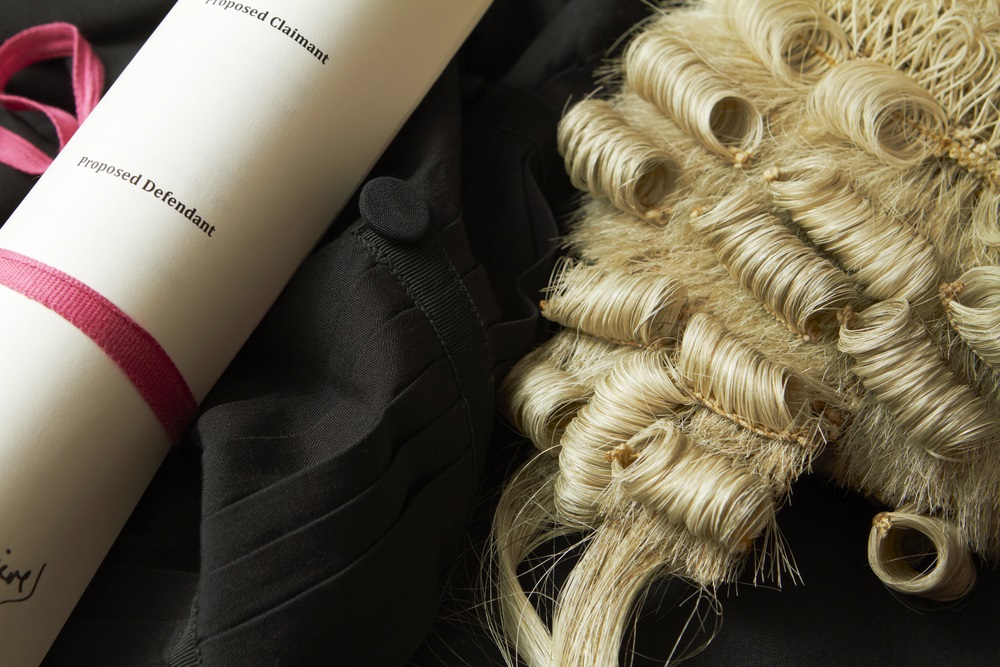Should you litigate your tax dispute?
And if so, how to take away some of the pain
Nobody wants to fall out with HMRC but unfortunately there sometimes comes a time when, despite everyone’s best efforts (or even sometimes because of them), you’re faced with the prospect of litigation. For some, this may feel like a chance at vindication, for others the mere thought will fill you with dread. Whichever camp you’re in, before you take the next step, here are some key considerations to ensure the conduct of your case is both necessary and effective.
Do more than just weigh up the risks
Court proceedings are normally protracted, expensive, stressful and come with no guarantee of success. In fact, the odds of succeeding against HMRC are usually stacked against you. Therefore, before you stick your toe into the litigation ring, it’s worth getting a second expert opinion whether that’s from a specialist tax accountant or from experienced counsel, or a combination of both.

Apart from helping you decide whether you should proceed, a fresh set of eyes on the issues in hand can be enormously helpful at this stage in terms of narrowing or expanding disputes and exploring areas which hitherto have not been considered.
Choose your team wisely
Don’t be fooled into thinking you need a sledgehammer (aka a big team) to crack a nut. A small but dynamic team who really know their stuff is likely to be much more effective than half the office of your local law firm.
What’s more, although your family accountant may have served you well for the last 20 years (although possibly not that well if you’re facing litigation against HMRC), that doesn’t necessarily mean they’re right for you now. You need someone with experience of tax disputes and dealing with HMRC, and you’ll need a well-chosen legal team including counsel who have the specialist skills that will be required. Accountants who specialise in tax disputes are well placed to recommend the right legal team.
Pre-trial leg work
The ability of litigation to produce never ending realms of paperwork and a quagmire of issues is almost unlimited. And without a very firm hand on the tiller, the issues involved in a case can quickly spiral in number as well as complexity. HMRC have a record of seeking large quantities of documentation as well as delivering important documents late. None of which helps anyone involved to identify the real issues.
It’s your team’s job to keep things under control. That means getting your legal team on board early and having a clear understanding of the facts and issues in dispute from the get go. This will then need to be kept under almost constant review, allowing you to keep track of what’s in dispute, common ground and where more disclosure may be required. In turn, this will help enormously when it comes to both preparation and conduct of the hearing.
Trial preparation
There are certain aspects to litigation which whilst not that glamorous are an absolute bedrock to any chance of success. The first one of these has to be the trial bundle. Tempting as it is to allow your team to delegate this time-consuming task to the office juniors, this is usually a big mistake. Massive bundles of documents filed in no logical order means that not only does the trial itself become cumbersome (a long pause in the cross examination while counsel searches for documents wastes time and does nothing to improve the mood of the judge), but also means the issues and salient facts are at risk of being lost or obscured in the detail.
You want to ensure your accountant and counsel work together in ensuring a meticulous court bundle that is well-indexed, as concise as possible and logically structured.

Similarly, make sure your team is proactive about putting together their own chronology, agreed by you, and take an interest in their skeleton arguments and opening submissions. You want to be confident that your team is making life as easy as possible for the judge. That goes further than beautiful bundles and a schedule of agreed facts and areas of disputes.
Skeleton arguments and opening statements should be unemotional, credible, realistic and precise. They should signpost the judge to the facts that support certain issues and explain the complex stuff in a way that is easy for everyone to understand. Good skeleton arguments have been described as a route map, cutting through the jungle of facts, figures and papers, showing the judge the way. You should be able to understand the issues the court is being asked to determine, as well as how your team is dealing with the arguments of the other side.
Get in touch
Even the best accountancy and legal team can’t necessarily take away all the pain involved in a tax dispute case, but what we can normally do is mitigate any damage. Please get in touch if you are the subject of a tax dispute or investigation and speak to our specialist team.


